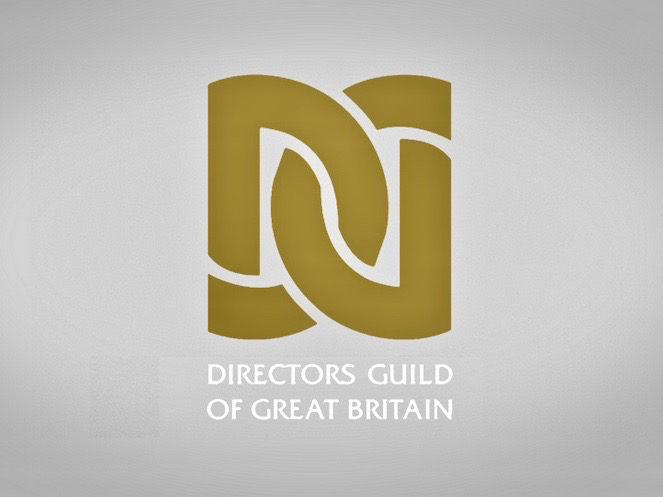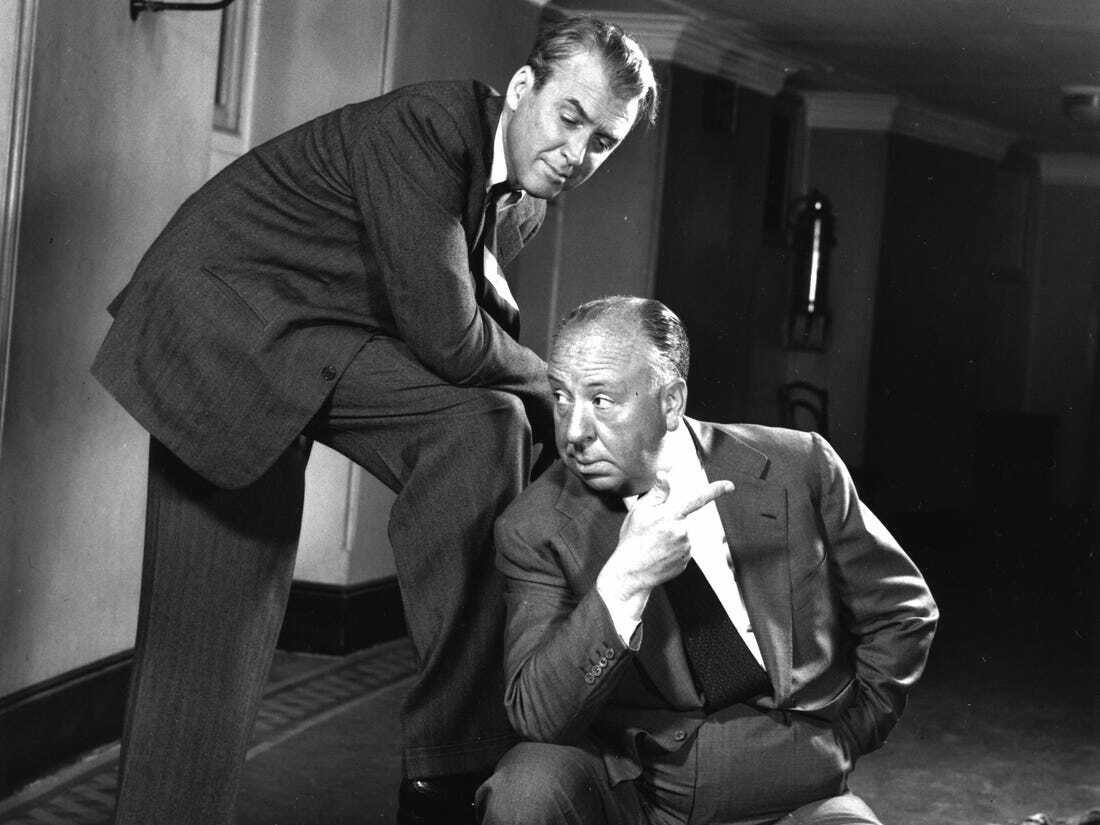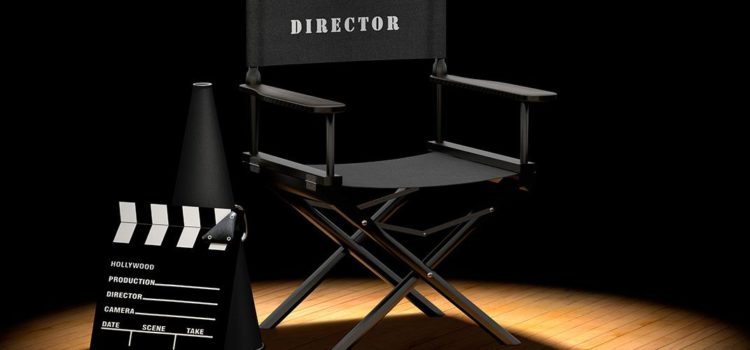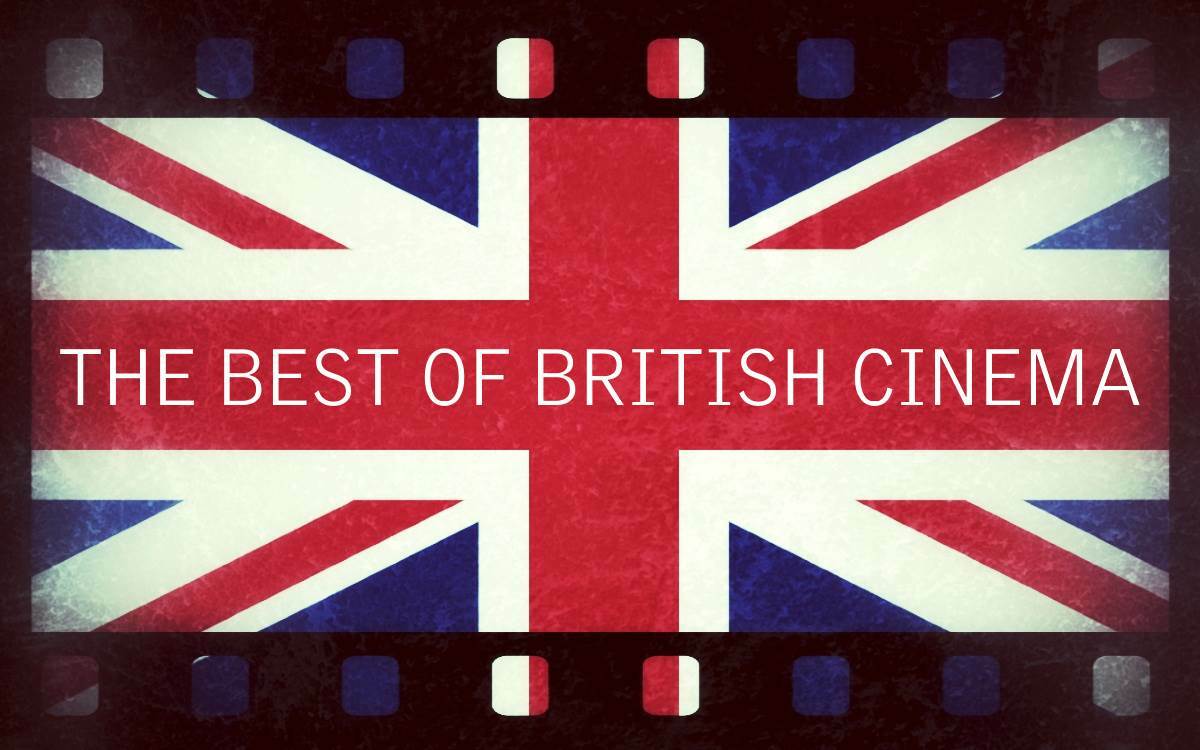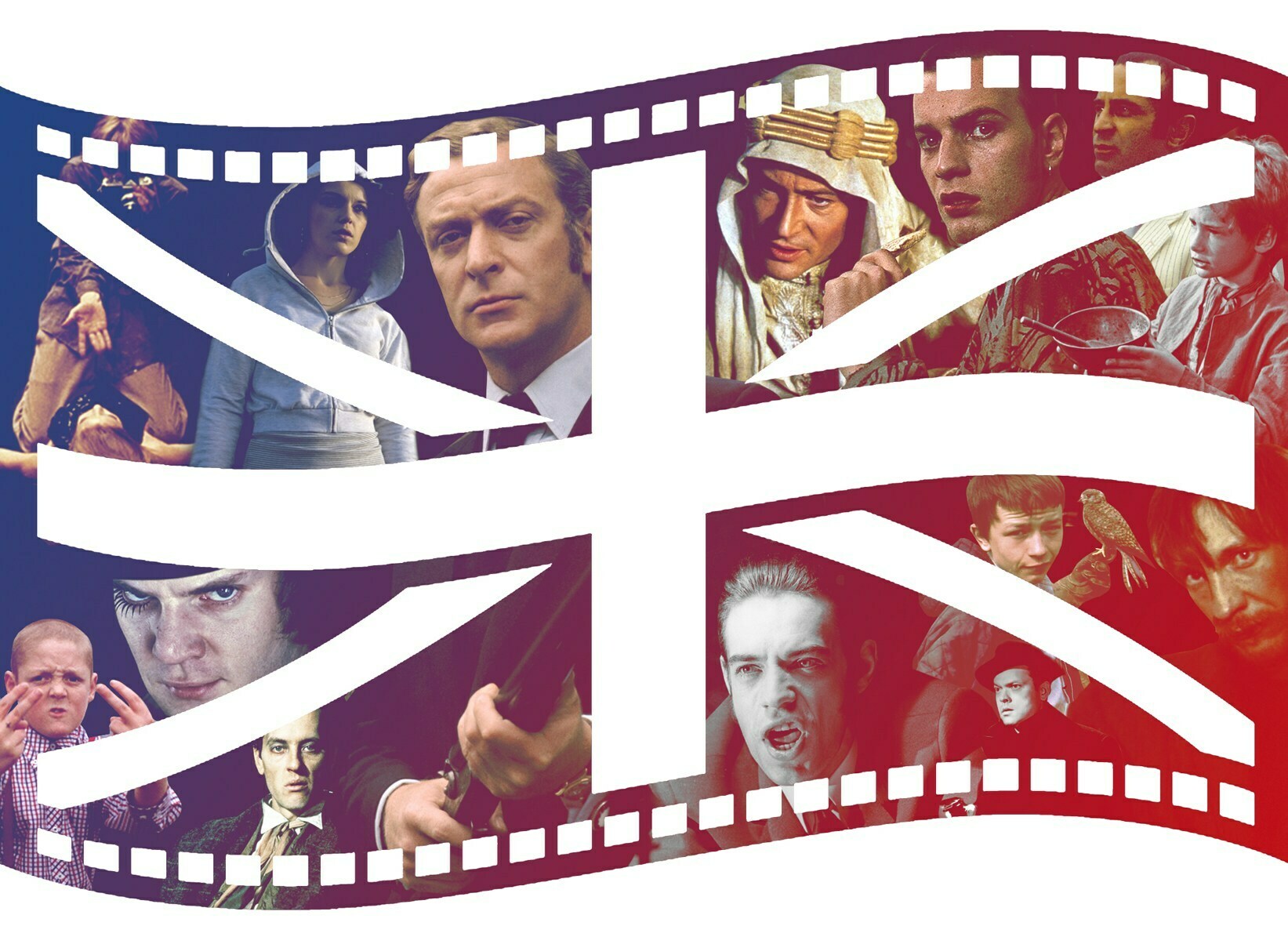There are famous English film productions, which have achieved great influence within the industry and the artistic development of cinema; despite having a history through which they experienced moments of success and others of recessions, but managing to remain always present in the world, providing quality films that reached box office sales records.
These famous productions have been representative of each of the historical eras of the UK film industry, so we will introduce you to some of the most representative of all of them.
Best English movies ever
Perhaps many remember them, possibly others have not even heard their name, but we will take a journey through the years to evoke all those British films that have marked their mark over time and that have been recognized as famous lesbian.
It should be noted that many of them were made using resources from the American industry, but always under the production of a prominent British film director, discover some of them.
The 39 Steps
This is a suspense film directed by Alfred Hitchcock, during the year 1935, which was based on a novel called 39 Steps starring Robert Donat and Madeleine Carroll.
Psychosis
A horror and suspense film, released during the year 1960 and also directed by the teacher mature Alfred Hitchcock, based on the crimes of Ed Gein, a brutal serial killer from Wisconsin.
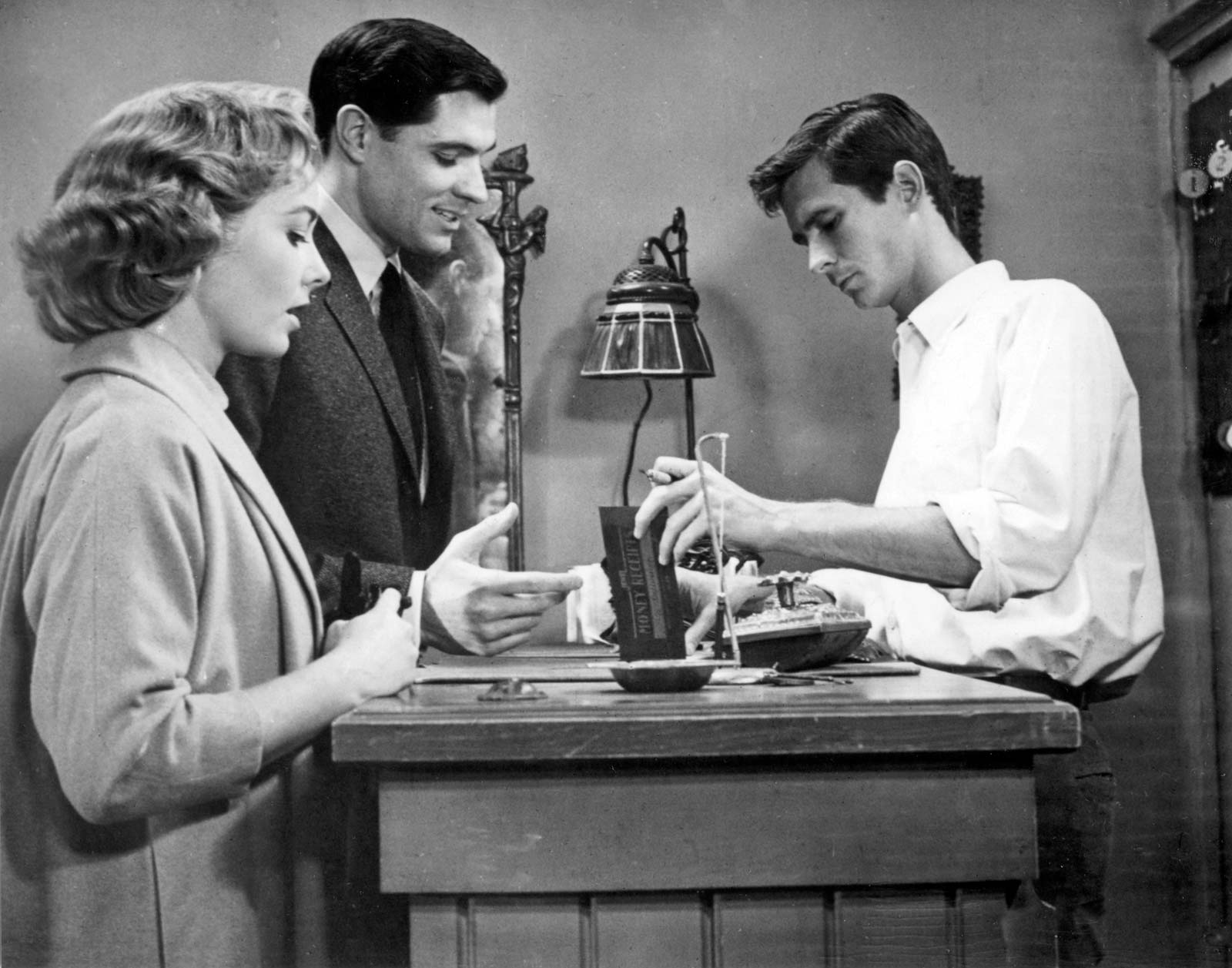
Lawrence of Arabia
This film captured the public’s attention during 1962, as it was based on the life of an enigmatic British officer, who worked in the desert to help the Arab people against Turkey.
Doctor Zhivago
Directed by David Lean during the year 1965; it was an epic drama, winner of five Oscars and starring Omar Sharif, who was a doctor and poet, during the years of the First World War.
A Clockwork Orange
This 1971 film is set in Great Britain, presenting the life of young Alex, a character with wild instincts but a music lover, head of a gang called the drugos that ends up terrorizing the entire population, with his escalation of horrible murders.
Dracula
A film that was part of the dark terror by the hand of the British producer Hammer, during the year 1972; Masterfully performed by Christopher Lee, as the legendary Count Dracula.
Four Weddings and a Funeral
This 1994 film achieved great success with a theme that reveals the lives of some singles, including Charles, who knows a young woman named Carrie.
After spending the night together they do not see each other again, until their next meeting takes place when they go to another wedding where Carrie introduces her to her fiancé.
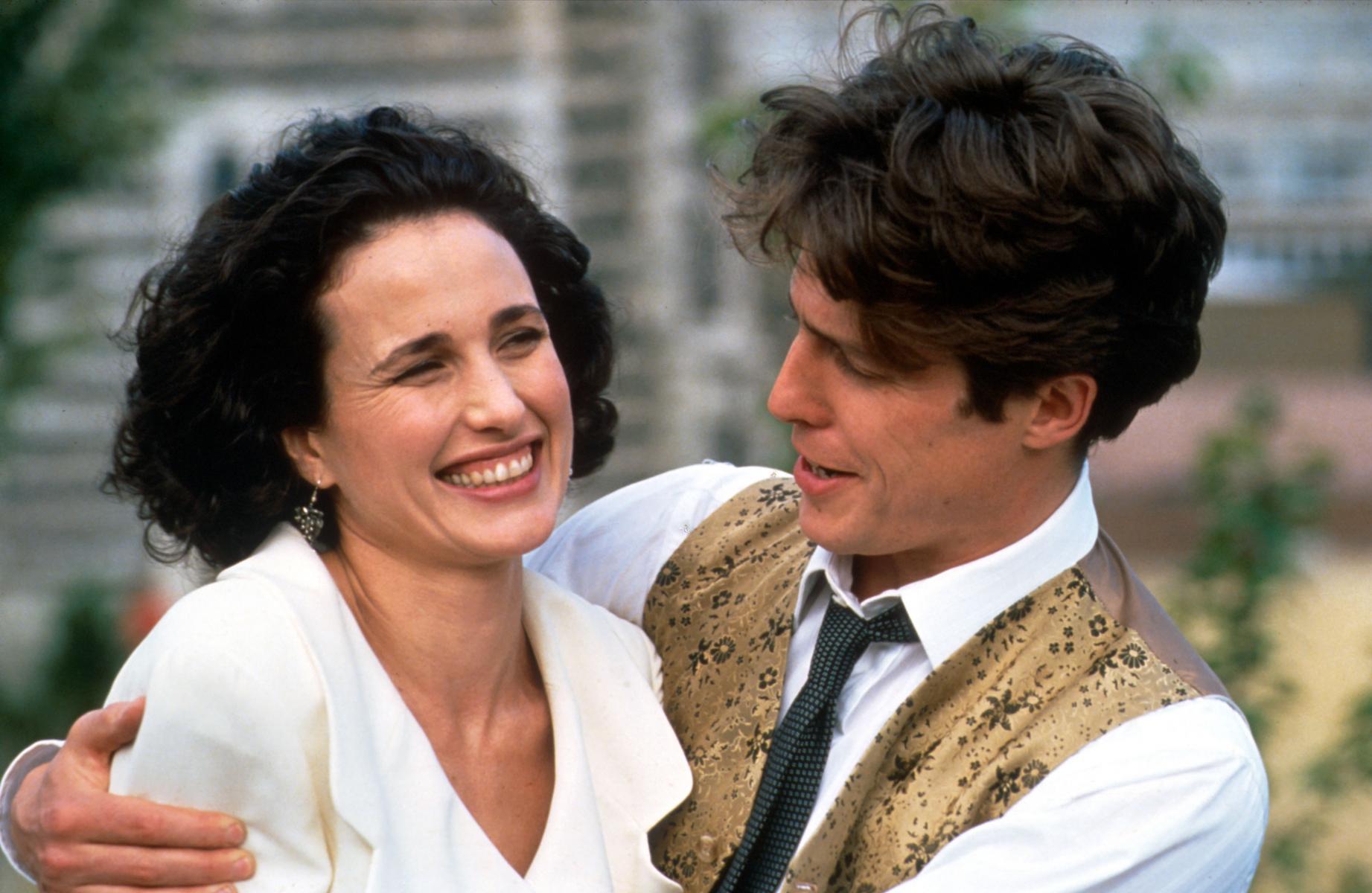
Harry Potter
Based on the novel by the British J. K. Rowling, the Harry Potter saga was made into a film, with its first film in 1997; reaching record sales at the box office even until the last one during 2010 and 2011, with “Harry Potter and the Deathly Hallows” as it was divided into two parts.
This saga has marked a whole generation of fans around the world and even today films phim sex based on the Harry Potter universe continue to be produced, highlighting the lives of other characters derived from this story.
These are just a few samples of all the British talent through which famous English film productions have been created, every day new themes emerge that captivate the public and manage to be worthy of important awards such as the Oscars and many others.
Similarly, films that are based on the British theme have stood out for their sales record in the world, among which is James Bond, Titanic or The Lord of the Rings. In them is present the history, culture and creativity that has originated from the English cymatographic style and also many are shot in the beautiful places of the United Kingdom.

